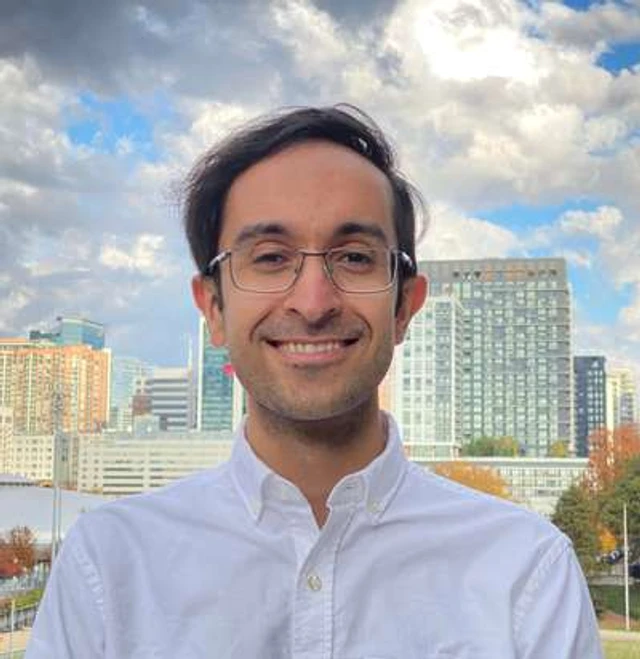
Sarah
PhD
Expertise
Archaeology; Classics; Ancient History; Greek Language and Mythology; Digital Humanities

Polygence mentors are selected based on their exceptional academic background, teaching experience, and unique ability to inspire the next generation of innovative thinkers and industry leaders.

Archaeology; Classics; Ancient History; Greek Language and Mythology; Digital Humanities

human-computer interaction, social media, tech ethics, AI ethics, privacy, UX design, computer science, social psychology, cognitive psychology

Neuroscience, electrophysiology of the brain, digital signal processing, psychology, data science, coding, programming, neuroimaging, ethics, social science

Cancer, optics, imaging, nanotechnology, engineering, chemistry, electrical engineering, chemical engineering, bioengineering, biomedical engineering, pathology, laboratory medicine, transfusion medicine

Classical studies (Latin and Greek language and literature), Greek and Roman archaeology, Greek and Roman history, art history, history of architecture, US history, world history, creative writing

Ecology, Evolutionary Biology, Tropical Ecosystem, Biogeochemistry, Environmental Science

Biology, Chemistry, Genetics, Cell and Molecular Biology, Cardiovascular Biology, and Cellular Agriculture,

Earth Science, Climate Change, Carbon Sequestration, Soil Science, Critical Zone Science, Carbon Cycling, Biogeochemistry

Molecular biology, cellular biology, genetics, developmental biology, computational biology

Data Science, Machine Learning, Deep Learning, Computer Vision, Large Language Models, Natural Language Processing, Cloud computing, Chemical Engineering, Thermodynamic modeling, Process Modeling

Neuroscience of consciousness, applications of machine learning to biomedical research, how do our genetic backgrounds influence our psychology

Biology, immunology, cancer biology, cancer immunology, molecular biology, cell biology, Cancer Biology, Liver Tumors

Renewable Energy, Product Development, Mechanical Engineering, Aerospace Engineering, Environmental Engineering, Energy, Solar, Wind

Game Development, Game Design, Game Audio, Unity, Unreal Engine (Blueprints and MetaSounds), Computer Music, Music Production, Music Composition, Music Performance, Music Improvisation

Epistemology, feminist philosophy, philosophy of language, philosophy of psychology, and philosophy of science